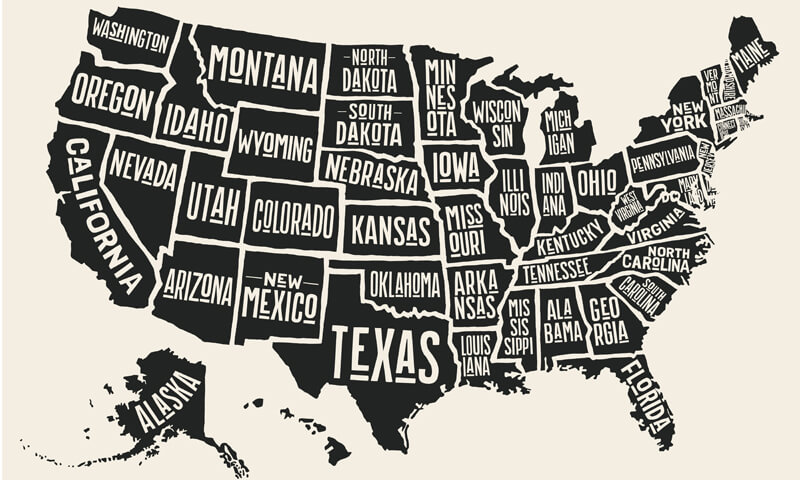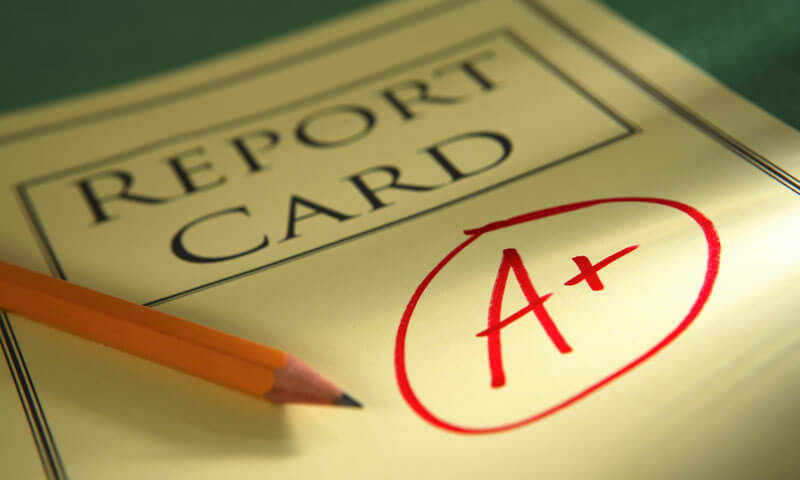Summary: Joe Bankman, a Stanford Law professor, has created a workshop that helps students reduce anxiety by implementing cognitive behavioral therapy techniques.
Joe Bankman, a law professor at Stanford, set out on a mission to help his students deal with the intensity and stress of law school. According to one study, stress may actually kill brain cells, the ABA Journal reported. Using techniques he obtained while studying for a degree in clinical psychology, he has helped his students learn how to manage their anxiety as they earn their degrees, according to the Stanford Report.
Six years ago, Bankman went back to school to become a clinical psychologist, even though he was teaching at Stanford at the time. Bankman said, “I never intended to quit my day job. But my scholarship and policy work were venturing into behavioral psychology and the law, and I wanted to understand more about human behavior.”
Therefore, Bankman signed up for classes at the Palo Alto University/Stanford School of Medicine joint Psy. D. program, which is for a doctor of psychology degree. Bankman is currently in his fifth and final year of the program, and is working to complete an internship.
Check out these ways to manage stress.
Bankman said the benefits of the program were widespread: “I have all these brilliant students whom I can help by giving them some useful knowledge and improving their analytical skills. But, as I came to realize over the years, if they crash and burn it will not be because they lack these necessary skills. It will be because they lack emotional resilience to cope with the stresses and challenges of a demanding professional career. Like millions of others, they need help with anxiety and, for some, depression.”
Using his newfound skills, Bankman created a project to improve the emotional health of law students.
Cognitive behavioral therapy, or CBT, has been used to treat anxiety by psychologists worldwide. It has a high rate of success. Sometimes, providing information on treatments and emotional issues is a useful tool. Bankman partnered with Barbara Fried, the William W. and Gertrude H. Saunders Professor in Law at Stanford, as well as Ian Ayres, a professor at Yale Law School, to create a two-hour course for first-year law students. The course analyzes anxiety from a CBT perspective, and provides information on CBT techniques to help alleviate anxiety.
In the first hour of the class, the professor tells the students to think about something that makes them anxious. Bankman said, “The classic scenario is being cold-called and flubbing the answer. So, Barbara or Ian might say to the students, ‘Imagine that I call on you and you blow it.’ ”
Next, the professor tells the students to record how they feel and to report those negative thoughts, as well as any harmful behaviors that may follow them.
In 2012, Bowen School of Law introduced animal therapy to reduce stress.
Bankman explained, “For instance, a student might think, ‘I don’t belong in law school,’ or ‘Everyone is going to think I’m an idiot.’ The behavioral response, in turn, might be, ‘I’m not going to speak again unless forced to,’ or ‘I’m going to go out and get drunk.’ ”
The professor will then provide the students with ten pages of reading about anxiety and depression, as well as methods to deal with negative thoughts and counterproductive behaviors. The following week, the students receive a typed list of the thoughts and behaviors that the students previously reported, and the group will discuss ways to fight those feelings.
Bankman commented, “Hearing that other people experience similar thoughts in the same situation helps normalize the feelings of anxiety. And hearing the ‘wisdom of the herd’ is invaluable in encouraging more positive behavioral responses.”
The professor will then challenge the students to use the techniques they have learned by the end of the first quarter. The students will report if they have used the techniques and whether it helped their anxiety.
The program has been offered on a voluntary basis two times in the last two years, and the student response has been very positive. One student said, “More than anything, I loved the opportunity to see that everyone else is feeling the same thing and to talk openly about something I’ve thought about a ton but never discussed with anyone.”
In 2013, lawyer suicide increased in Kentucky.
In fact, 100 percent of Fried’s 27 students who evaluated the program back in 2013 said that the course should be offered again. When Fried followed up with her students eighteen months later, they said they still used the techniques they learned—even outside of law school.
Bankman was pleased. He said, “If we can expose students to useful anxiety-reducing techniques when they enter law school, they’ll have a much greater chance of avoiding the debilitating effects of chronic anxiety and depression both in school and in practice.” This is good news, since, according to the Huffington Post, law school quadruples the chances of depression.
Bankman noticed a growing trend in focusing on the mental and emotional health of law students. For example, Ronald Tyler, an associate professor of law at Stanford, as well as the director of the Criminal Defense Clinic, introduced students to various practices that relieve stress, particularly those that focus on mindfulness. Additionally, a mindfulness meditation workshop was offered to students during the winter, which was taught by Tom Fenner, Stanford Deputy General Counsel.
Bankman noted that CBT is not the only way to deal with anxiety. However, he is encouraged by the results of the program. He said, “I think a lot of faculty members are interested in doing something like this. My fantasy is that the fairly simple and straightforward methodology of this course will resonate broadly with law faculty and that law schools throughout the country will be inspired to adopt it.”
Bankman has impressively taught a full course load, even while pursuing his psychology degree. He has no plans to reduce his teaching load, even after he completes the program.
Source: Stanford Report
Photo credit: examinedexistence.com

















































